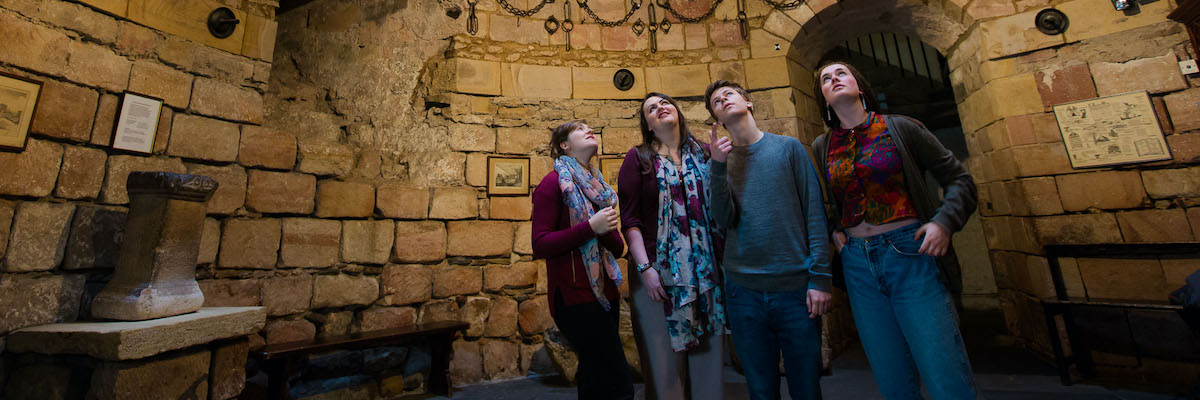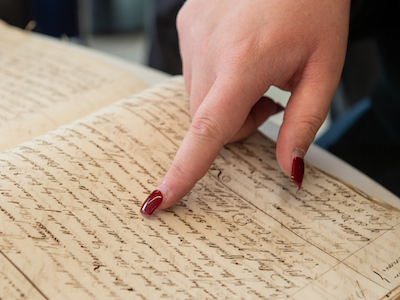'A World Full of Concubines: Sex, Slavery, and Empire in Global Perspective'
My module 'A World Full of Concubines' builds on my research interests by thinking through the various domestic sex/labour arrangements labelled as ‘concubinage’ and how they developed under different empires. On this module, my students consider how sex and slavery were integral to building and consolidating imperial rule. While European overseas expansion and the rise of transatlantic slavery dominate early modern narratives of empire and slavery, this module broadens our perspectives to consider their different concurrent iterations in other parts of the world. We compare the legal, religious, social, labour, and familial implications that concubinage had for women, and we rethink some of the roots of colonial legacies that are hotly debated today, particularly in the context of contemporary social, racial, and sexual inequalities. Taking a global history approach, this module brings together concubinary practices in the Ming (1368–1644) and Qing (1636–1912) dynasties of China, the Ottoman Empire (ca.1300–1922), the Mughal Empire (1526–1857), the Sokoto Caliphate of West Africa (1804–1903) and the Portuguese Empire (1415–1999).
To find out more, why not start with one of these books?
- Kecia Ali, Marriage and Slavery in Early Islam (Cambridge, Massachusetts: Harvard University Press, 2010)
- Jung Chang, Empress Dowager Cixi: The Concubine Who Launched Modern China (London: Random House, 2013)
- Heidi J. Nast, Concubines and Power Five Hundred Years in a Northern Nigerian Palace (Minneapolis: University of Minnesota Press, 2005)
Other modules I have taught include:
- HIST105: Histories of Violence: How Imperialism made the Modern World
- HIST112: Decolonising History









